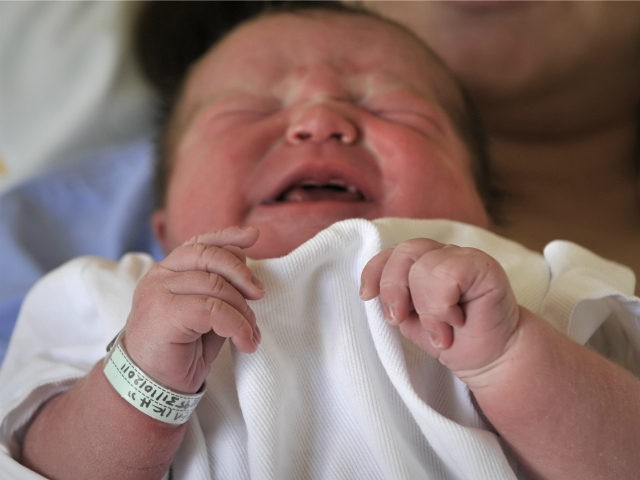The population of Greece is dropping at a rate that has analysts worried about the country’s future as the fertility rate is well below replacement levels and significant brain drain exists.
The National Center of Social Research (EKKE) and a special parliamentary committee on demographics and social affairs released demographic data this week, along with projections of the mid- to long-term effects of present trends.
During the last seven years, the population of Greece has fallen by 360,000 and will decrease by another 770,000 people over the next 12 years if birth rates remain at current levels, the report projects. These numbers are all the more striking given that Greece’s total population is just over 11 million.
The five-year period of 2005-2010 was the last in which Greece’s population saw growth, and ever since then, the population has been falling steadily.
Given Greece’s low fertility rate of just 1.34, its graying population, and the “brain drain” caused by the exodus of young people in search of job opportunities, the long-term outlook is grimmer still, the report suggests, and the Greek population could precipitate by as much as 50 percent in the next three to five decades if things continue apace.
A separate forecast offered by Worldometers, based on data collected from the United Nations Population Division, projects that by the year 2050, the Greek population will be falling by more than 50,000 per year.
A population in sharp decline will trigger further economic and social problems for Greece, as the workforce dwindles and an ever-larger percentage of the populace depends on the nation’s already fragile social security system.
Greece is far from alone in its demographic winter. Among European Union nations, the average birth rate is 1.6, significantly beneath the 2.1 live births per woman needed to avoid negative population growth and the global average of 2.4.
But while other countries are at least making efforts to prop up their populations by encouraging larger families with economic incentives, the Greek government has persistently failed to deal with the problem head-on, critics suggest.
A 2008 documentary titled Demographic Winter: The decline of the Human Family suggested that contrary to previous fears of a “population bomb,” the greatest demographic threat to humanity is not overpopulation but underpopulation.
If this is indeed true, Greece is among those leading the pack.
Follow Thomas D. Williams on Twitter Follow @tdwilliamsrome

COMMENTS
Please let us know if you're having issues with commenting.